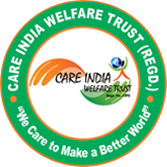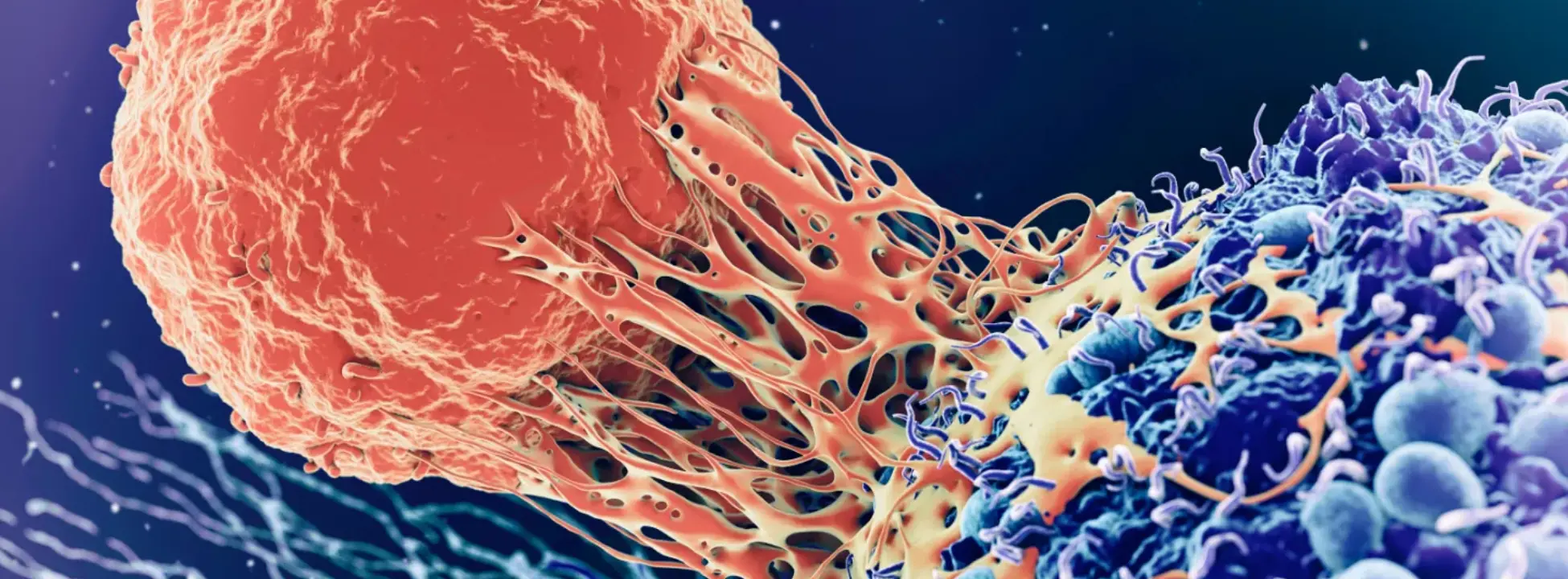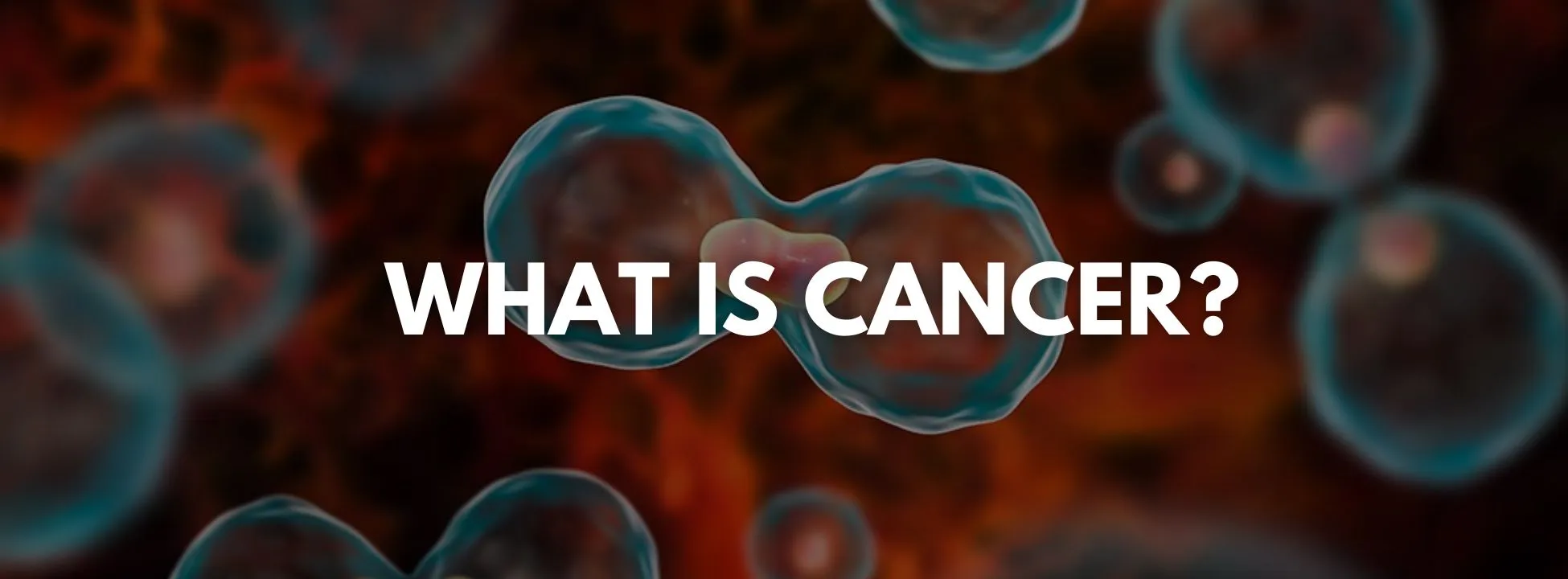"CANCER" is a word that carries immense weight, touching the lives of millions worldwide. It is more than a disease; it is a fight for life, so much that those who go through it cannot explain with words how it affects themselves and their loved ones. Medical breakthroughs may one day bring the expected, but still, the emotional and physical damage is deep. Yet there is strength and resilience, and one can never deny the power in the community- in times like these.
Understanding Cancer: What It Means
The runaway cancer cells growth in the body is what initiates the onset of the most common cancers, causing tumors or metastasizing to other body parts. This abnormal cell growth significantly interferes with the normal functioning of the body, and many types of cancer make it one of the most difficult diseases to treat. Nonetheless, this complexity and understanding of facts about cancer is the first big step toward fighting it. The bitter truth is that millions are diagnosed every year, and untold families grapple with the uncertainty and fear that cancer brings with it.
The Emotional Impact: Stories of Strength
With all cancer diagnoses, the human story is profound, a testimony of resilience, hope, and the determined will to fight.
Current Cases at Care India Welfare Trust
At Care India Welfare Trust, we are dedicated to supporting individuals battling cancer. Right now, two of our brave patients, Dhirendra and Saurav, are fighting for their lives, and they need your help.
1. Help Dhirendra Fight Against Leukemia: Dhirendra, a 38-year-old father of two, has been diagnosed with leukemia. Despite the exhausting physical and emotional toll, he continues to fight for his children and his future. But he cannot do it alone. Your support can help provide life-saving treatment, medications, and hospital care.
2. Support Saurav in His Battle Against B-Cell Acute Lymphoblastic Leukemia: Saurav is a young, vibrant boy diagnosed with a rare and aggressive form of leukemia. With ongoing treatment, he has a chance at life, but financial burdens make this fight even harder. Your donation can ensure he continues his treatment and holds on to hope.
These stories remind us that cancer is not just a medical battle—it’s an emotional and financial struggle that affects entire families. You can be a lifeline for these patients by contributing to their treatment and standing with them in this fight
The Importance of Early Detection and Treatment
The hope usually comes true with early detection. Most of the cancers have increased survival rates if diagnosed at an early stage. Regular screening and observing changes in the body should, therefore, be followed seriously. Even a routine check-up or self-examination may save lives.
Surgery, chemotherapy, and radiation have advanced dramatically in recent years. There's new hope with immunotherapy, precision-targeted drug treatments, and personalized medicine. Research into medical advances is paving the way for better therapies for billions of people and giving many a second chance at life.
A Future Fueled by Research and Breakthroughs
In therapy under development, the ultimate hope is a cure. Ergonomic research for a cure keeps on coming up with better options to treat and combat cancer. With improved techniques and less painful treatments, these bio-practices serve as an alert of hope for those waging a war against cancer, supporting the fact that there is going to be improvement and that the war is surely far from being over.
Survivors' stories inspire us all. These stories remind us that while cancer can go on the offensive, so can the human spirit. With the correct treatment, support, and firm resolve, many individuals have gone on to lead fulfilling lives, proving that cancer does not define them, it simply tests their grit.
How You Can Make a Difference
While cancer may seem like an overwhelming force, we all have the power to fight back. Here’s how you can help:
- Donate to Reputable Organizations: Charities like the Cancer Society and Care India Welfare Trust fund vital research, provide patient support, and raise awareness.
- Volunteer Your Time: Offer your skills and time to cancer support groups, hospitals, or fundraising events.
- Participate in Fundraisers: Charity runs, awareness campaigns, and community events are great ways to contribute to the cause.
- Spread Awareness: Educate those around you about early detection, healthy lifestyle choices, and available support resources.
A Collective Effort Towards Hope and Healing
Cancer is a fearful opponent, yet it is not an unbeatable one. Research, awareness, support, and action offer hope to those afflicted and help to create a world where cancer is not a sentence to death.
If you or someone you know is facing cancer, remember you are not alone. There is hope, there is help, and together we can make a difference. So book that health screening, offer assistance, and donate because, with every little thing we do in the fight against cancer, we get one step closer to winning.
FAQ
What is cancer?
Abnormal cells grow and multiply uncontrollably, forming tumors and spreading to other parts of the body. Depending on which part gets affected, this disease can have a lot of effects on some organs and tissues. However, if detected early and managed properly, survival chances can be better and much enhanced.
Is Cancer a disease?
Yes, cancer is a disease. It happens when abnormal cells grow uncontrollably, harming the body and affecting organs or tissues.
How Common is Cancer?
Cancer is very common, affecting millions worldwide each year. It can happen to anyone, but early detection helps in treatment.
What causes Cancer?
Causes of cancer are abnormal cell growth due to genetics, smoking, unhealthy diet, infections, radiation, or chemicals harming body cells.
Will Cancer be Cured in our Lifetime?
All cancers start with uncontrolled cell growth. They differ in where they begin, how fast they spread, and how they respond to treatment, like surgery, chemotherapy, or radiation.
What are the 4 types of cancer?
The four main types of cancer are Carcinomas (skin or organ linings), Sarcomas (bones or muscles), Leukemias (blood and bone marrow), and Lymphomas (immune system). Each type grows differently and needs special treatment.
How are all cancers the same? How can they be different?
All cancers start with uncontrolled cell growth. They differ in where they begin, how fast they spread, and how they respond to treatment, like surgery, chemotherapy, or radiation. You can join the fight against blood cancer by raising awareness, supporting research, and understanding how these cancers behave and respond to different treatments.



